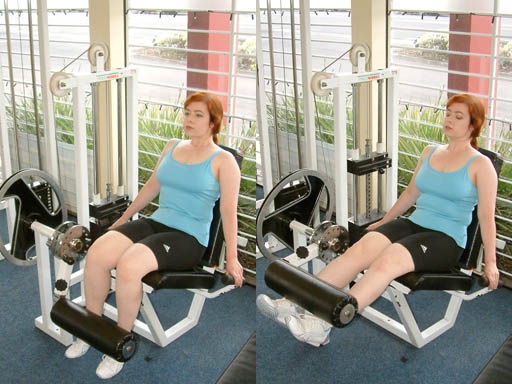 It’s a real problem. Knee pain affects millions of Americans. At highest risk are the elderly and the overweight. Seniors face greater knee problems typically due to osteoarthritis, although other factors may also play a part, like injuries.
It’s a real problem. Knee pain affects millions of Americans. At highest risk are the elderly and the overweight. Seniors face greater knee problems typically due to osteoarthritis, although other factors may also play a part, like injuries.
The overweight population has another issue. Their knees are bearing more of a load than they should. Clearly, the best practice for overweight individuals is to lose weight.
Unfortunately, those who suffer knee pain often are in too much discomfort to exercise.
What should you do?
- Engage your health care team, especially your physical therapist. They will work to give you a list of approved exercises and modifications that will increase your range of motion and decrease your pain.
- Find what works. Don’t give up and just go sit on the couch. Continue to try small amounts of physical activity to see what you can tolerate.
- Build up your endurance. If you feel good after walking for 15 minutes, build up more each day. Try to be at 30 minutes within a week, and add 5 minutes each week after that.
- Always choose the low-impact option. Jumping jacks and running in place will be too jarring on your knees. Your physical therapist can show you low-impact modifications where you never jump, but still build up muscles. Fitnessblender.com has thousands of fitness videos, which typically contain modifications for low-impact.
- Pay attention to all of the muscles that support the function of the knee. Stretch them before and after your work out. Roll your ankles, point and flex your toes, bicycle your quadriceps, do some calf lifts, stretch your iliotibial band (which is a tendon that runs along the outer portion of your hip and leg).
- Get those thighs moving. The front of the thighs (quadriceps) and the back of the thighs (hamstrings) need to be very, very strong to give your knees a break. Any exercise that utilizes these muscles that you can tolerate will be beneficial. Women, in particular, can benefit from exercises that strengthen the hamstring, as weak hamstrings contribute to a higher percentage of knee issues in women than in men. Bridges and weighted hamstring lifts are two such exercises.
- Be wary of certain exercises that can exacerbate knee problems, like squats, burpees and excessive jumping.
Your knees are complex and yet fragile. Preserve them for as long as possible by getting to and maintaining an ideal weight and staying physically active.

